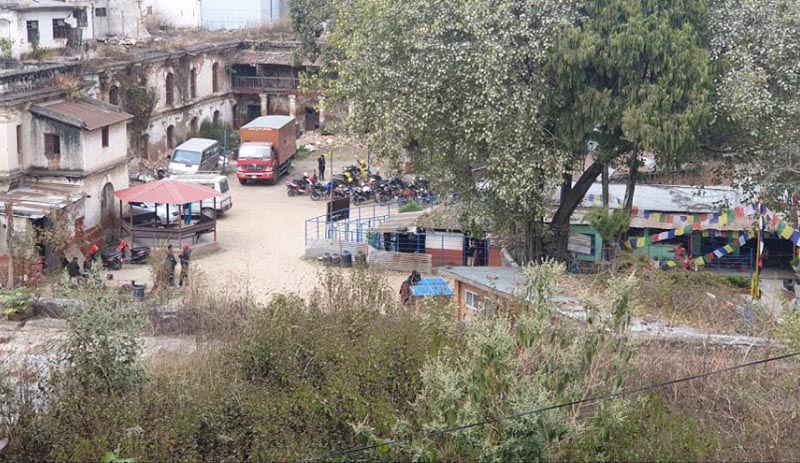Pardon, suspend or rebate jail sentence: OAG directs Nepal Police
Kathmandu, March 21
The Office of the Attorney General has written to Nepal Police, directing it to exercise the power of investigating authority to release persons held in detention as per Section 15 of National Criminal Procedure (Code) Act-2017 until further notice.
The supreme body responsible for prosecuting and defending legal action on behalf of the state had decided to this effect amid the fear of coronavirus outbreak.
With the order of the OAG, the police and the authority concerned may free a person from custody depending on the gravity of criminal offence. If it does not appear necessary or appropriate to keep detaining a person in the course of investigation, the police or adjudicating authority may, with the consent of the government attorney release such persons on bail or guarantee or on recognisance to appear on appointed days.
While freeing a crime suspect, a deed shall be caused to be executed by the person so released covenanting that s/he will appear when it is necessary to initiate the case.
Nepal Police has also been told to act on Rule 25 of Criminal Offence Investigation Rules-2018, which allows the investigating authorities to carry out investigation without arresting a crime suspect. The investigating authorities include Nepal Police, Commission for the Investigation of Abuse of Authority, Department of Money Laundering Investigation and Department of Revenue Investigation.
The order of the OAG aims at reducing the pressure of crime suspects in detention centres to avoid unnecessary crowd in the wake of COVID-19 pandemic. Nepal Police and government attorney will also exercise the power of case diversion in accordance with the Children Act-2018. Under this act, the authorities concerned may take decision to divert a case of a child accused of juvenile offence as per necessity. The investigating authority, where the offence is punishable by a fine of up to Rs 2,000 or imprisonment for a term not exceeding two months, may divert the case.
Similarly, the OAG has written to the Ministry of Home Affairs to issue and implement a directive immediately for the implementation of pardon that may be granted to prisoners or inmates as per the National Criminal Procedure (Code) Act. According to this act, a person who is sentenced to jail by a court may make a petition to the president, through the MoHA for the pardon, suspension, alteration or reduction of that sentence.
While making such petition, the concerned jailbird shall attach a copy of the judgment of the court. If a petition made is forwarded by the president to the MoHA for necessary action, the MoHA shall submit it to the Council of Ministers for decision.
The pardon, suspension or commutation of sentence depends on the nature of the offence, age and physical condition of the offender, and his/her conduct in jail.
However, any person convicted of heinous crimes like corruption, torture, rape, cruel murder, genocide, explosives, kidnapping, hostage-taking or enforced disappearance, human trafficking and transportation, money laundering and drug smuggling not will be entitled to enjoy this facility.
The OAG has also urged the MoHA to initiate implementation of Section 37 of the Criminal Offences (Punishment Determination and Implementation) Act-2017, which can rebate the jail sentence of a person convicted of petty crimes. Likewise, the MoHA will follow the provisions stipulated in the Senior Citizens Act-2006. As per the act, the jail sentence of a senior citizen may be rebated in view of his/ her age and the nature of offence. A senior citizen between 65 and 75 years of age is eligible to enjoy 25 per cent rebate. Similarly, a senior citizen having attained the age of 75 or above will be entitled to 75 per cent rebate in jail sentence.






